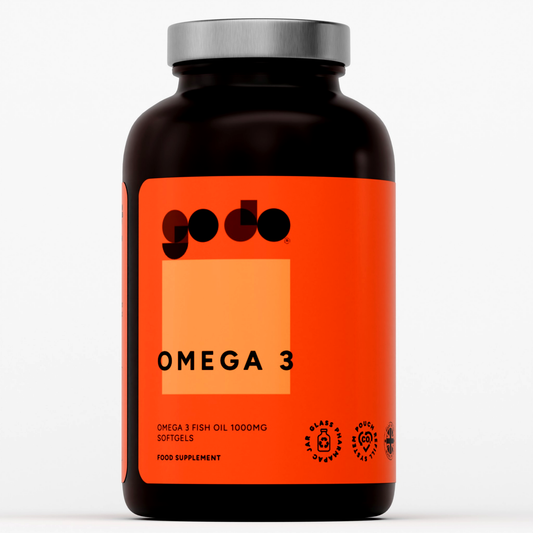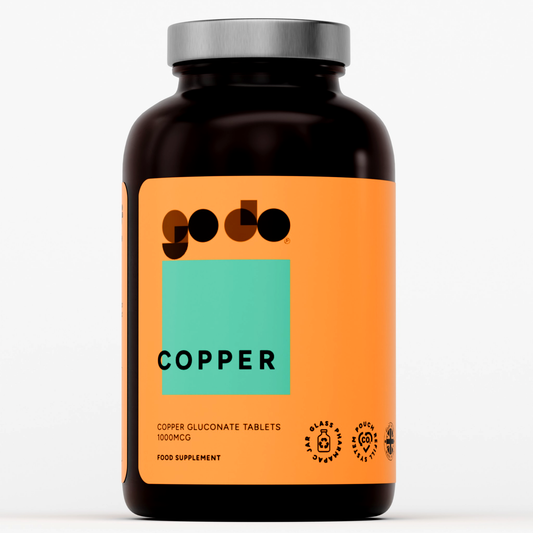
When it comes to exercise, some enthusiasts have the philosophy that there is no such thing as working out too hard. Maybe you’re one of them? While it is certainly great to challenge your body, research suggests that overdoing it may do more harm than good.
In an article printed in Woman’s Health Magazine in August, 2014, they highlight a study published by the Mayo Clinic in which over 2,000 people who survived a heart attack were followed over approximately 10 years. What they found is that individuals who ran 23-30 miles per week had decreased their mortality rate by 63 percent, but people who ran over this amount (or walked over 46 miles weekly) actually increased their risk of cardiovascular disease related deaths—by almost three times!
Additionally, when you work your muscles overly hard and don’t give them time to heal, you are increasing your risk of overuse injuries. Not to mention, you’re also not going to experience the gains you want because you’re not letting them develop to their greatest potential. Essentially, you are stunting their growth, which means that you’re working out twice as hard to get minimal results.
So, how do you work out hard enough without hurting yourself? First and foremost, listen to your body. If it is telling you that it needs a break, give it one. Also, take at least one day off a week (or two) to give it time to fully recuperate and heal.
When it comes to working your muscles, be sure that you aren’t working the same ones two days in a row. This will maximize your results and help you prevent an injury by not pushing your body too hard.
Working out effectively requires finding a balance between working out too hard and not hard enough. How do you find yours when you’re exercising? What signs tell you that your body has had enough?










